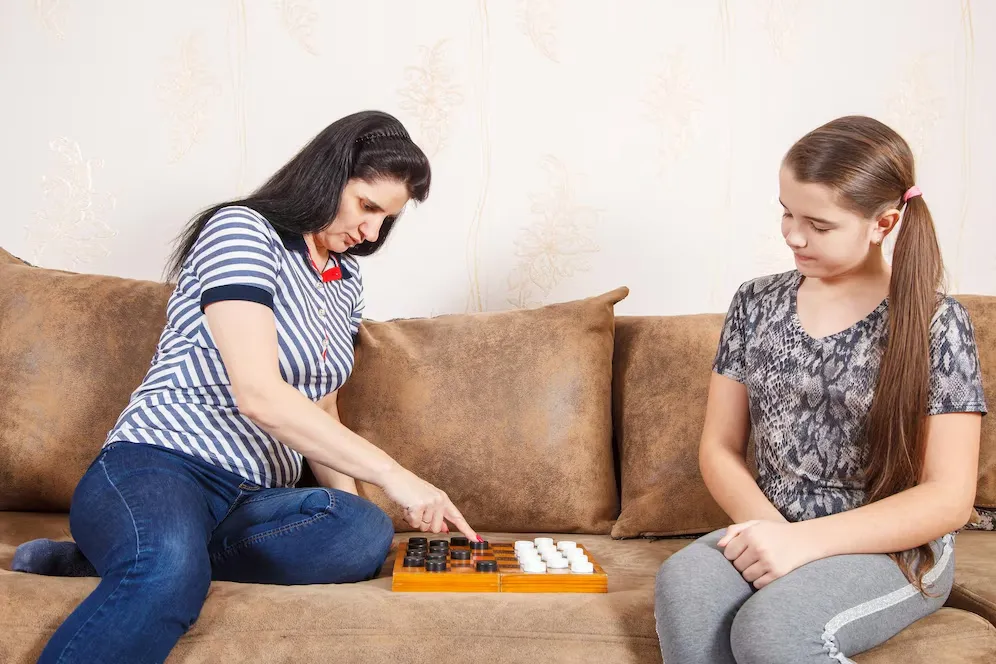
Mission Statement
Vision Statement
Our services
Empowering potential, structured care for complex autism needs
Individualized daily routines
Sensory-sensitive and low-stimulation environments
Augmentative and alternative communication (AAC) tools
Consistent behavioral support strategies
Skilled staff trained in autism-specific interventions
Healing-centered care, fostering trust after trauma
Trauma-informed therapeutic approaches
Safe, consistent, and non-judgmental spaces
Emotional regulation and de-escalation support
Trained staff in adverse childhood experience (ACE) response
Focused trust-building and long-term stability
Compassionate support, promoting emotional well-being
Collaborative care with mental health professionals
Structured daily routines for emotional stability
Crisis intervention and de-escalation training
Medication support and adherence monitoring
Social skill-building and therapeutic engagement
Stability through structure, supporting bipolar journeys
Support with recognizing early mood changes
Medication and therapy coordination
Structured activities to reduce emotional fluctuation
Encouragement of self-monitoring and reflection
Positive behavior reinforcement and consistency
Safe spaces, restoring hope for survivors of trafficking
Confidential, secure housing options
Emotional recovery and trauma-specific care
Empowerment-focused life skills training
Advocacy and legal resource navigation
Individual care plans for long-term reintegration
Inclusive environments, nurturing developmental growth
Individualized developmental support plans
Life and self-care skill training
Social inclusion and community engagement
Staff trained in cognitive and developmental care
Encouragement of personal independence and strengths
Who We Serve
- 24/7 Residential Care for youth aged 12–18 (girls and boys).
- Individualized Behavioural Support Plans using ABA and trauma-informed frameworks.
- Support for youth experiencing
- Severe autism
- Reactive trauma
- Mental health disorders
- Bipolar disorder
- Human trafficking
- Developmental disabilities

Programs & Supports
- Individualized Behavioural Support Plans (ABA-based)
- Functional Behaviour Assessments (FBA)
- Trauma-Informed Therapeutic Programming
- Substance Use Prevention & Harm Reduction
- Family Reunification & Support
- Vocational Training & Life Skills
- Educational Support (homework help, school engagement)
Daily Life
To provide consistency and stability, Cedarview Group Homes follows a structured daily routine that supports the well being, development and rehabilitation of the children in our care.
Weekday Schedule
Weekend Schedule
01
02
03
04
Health & Safety
- Zero Tolerance Policy for abuse or neglect
- Mandatory reporting of suspected abuse
- Residents’ rights aligned with CYFSA
- Daily sanitization and PPE use
- Outbreak response procedures
- Symptom monitoring and isolation protocols
- Fire safety drills
- Missing resident protocols
- Code Blue (medical), Code White (violent behavior) procedures
Quality & Compliance
- Fully compliant with CYFSA and QAM standards
- Licensed and audited regularly
- Continuous staff training and evaluation
- Confidential, secure record keeping
- Feedback systems for residents, families and staff
Location & Accessibility

Nearby Schools
- Beverley Heights Middle School (2.8 km)
- Clico Public School (2 min drive)
- St. Martha Catholic School (2 min drive)

Recreational Access
- Downsview Park (3 km)
- Spenvalley Park (walking distance)

Transportation
- 7-seater insured van for residents
- 3.3 km from Downsview Park Subway
- 0.5 km from Arleta Ave Bus Stop
Our Latest Blogs
Frequently Asked Questions
Following are few questions which people ask about Cedarview Group Homes
Our services are personalized to address unique physical needs, providing accessibility and support for daily activities.
Our trained professionals provide comprehensive mental health services, including counseling and therapeutic interventions, to promote emotional well-being.
We employ sensory-friendly practices and accommodations, creating a welcoming space with consideration for various sensory needs.
We prioritize individualized care, actively involving patients in decision-making, respecting autonomy and fostering a supportive, trusting relationship.




